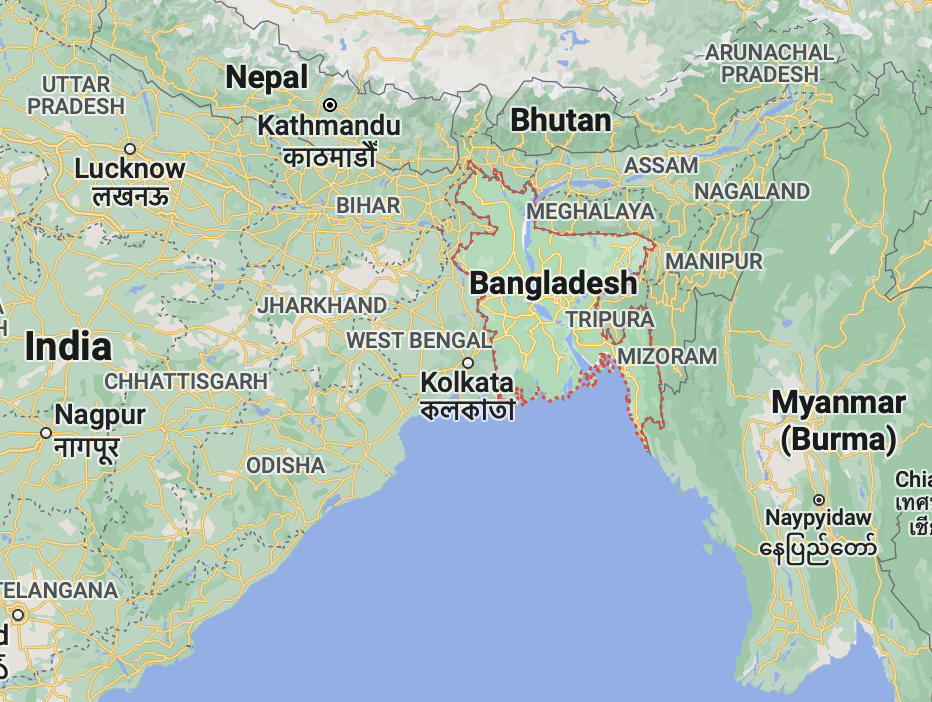Adaptive Phage Therapeutics (APT) recently announced that the first patient in an early-stage clinical trial for its investigative bacteriophage therapy has been dosed.
The National Institutes of Health–supported trial is evaluating the experimental bacteriophage cocktail WRAIR-PM-CF1 in cystic fibrosis (CF) patients. The cocktail contains four bacteriophages (viruses that kill or neutralize bacteria) that target Pseudomonas aeruginosa, a multidrug-resistant bacterium that colonizes the lungs of CF patients and is the most common cause of CF exacerbations.
The phase 1b/2 trial, which is being conducted by the Antibacterial Resistance Leaders Group, aims to enroll 72 CF patients, who will receive a single infusion of the cocktail at three dosage levels. The trial aims to determine whether the treatment is safe and if it reduces the amount of bacteria in trial volunteers, with investigators gathering data on safety and microbiologic activity, how the phages function in the body, how the therapy affects patients' lung function, and its impact on overall quality of life.
WRAIR-PM-CF1 was developed by the Walter Reed Army Institute of Research and is licensed to and manufactured by APT.















